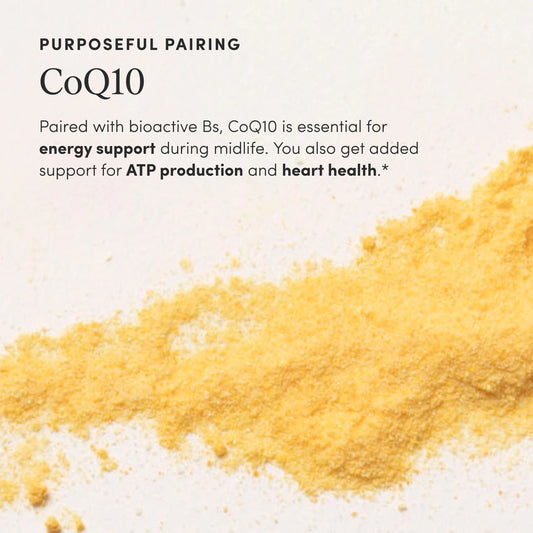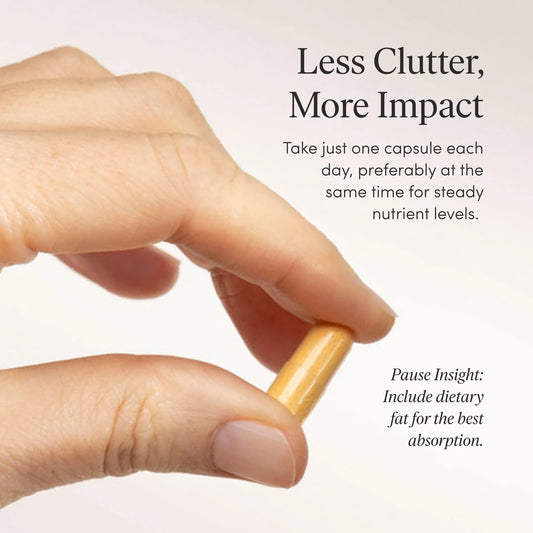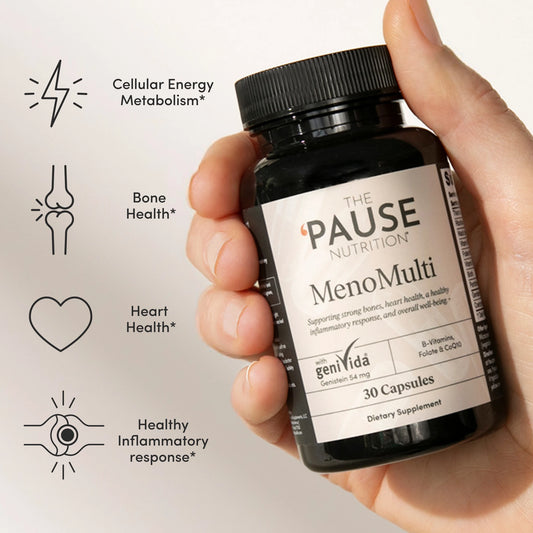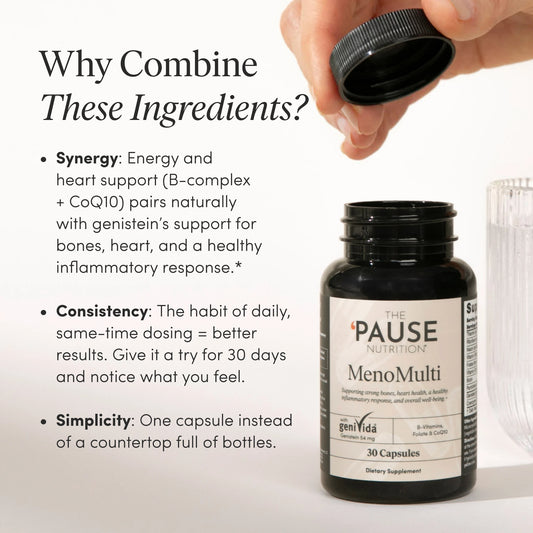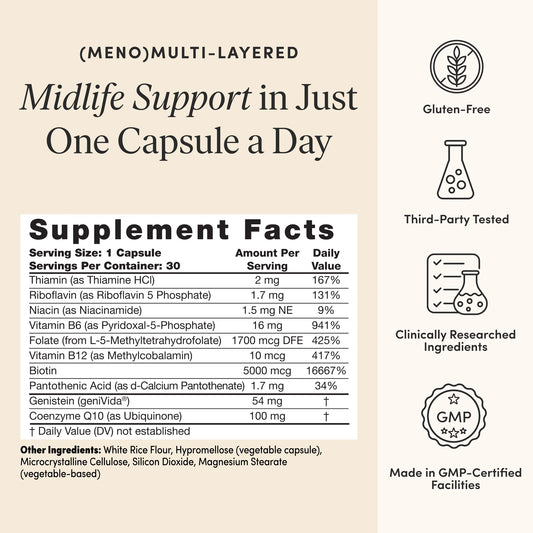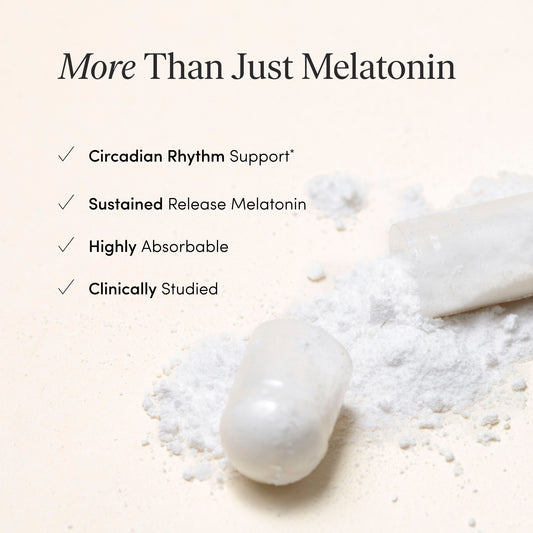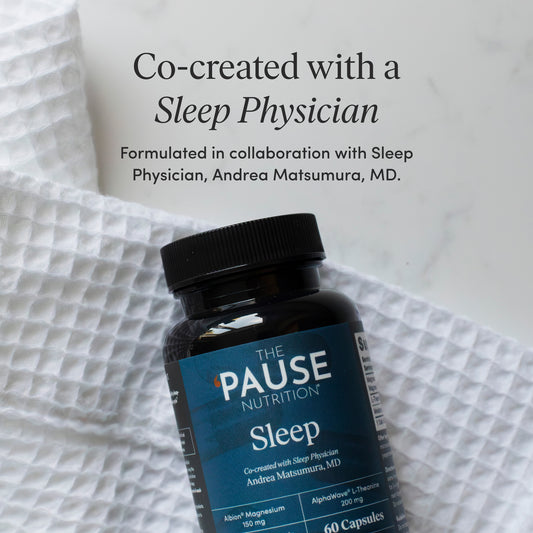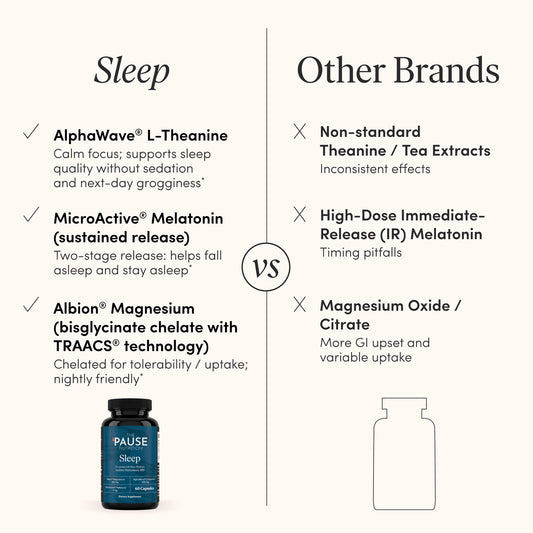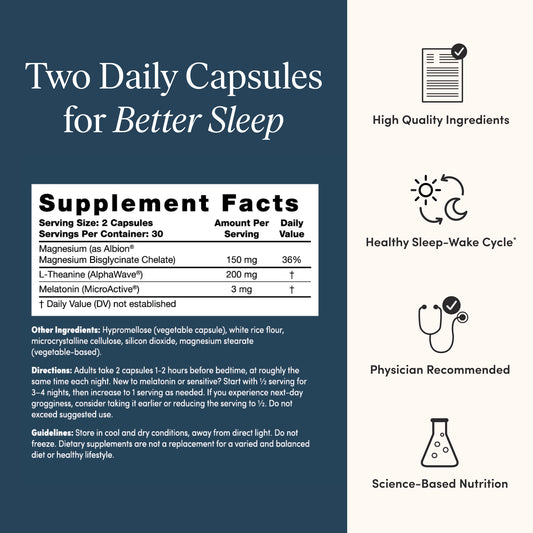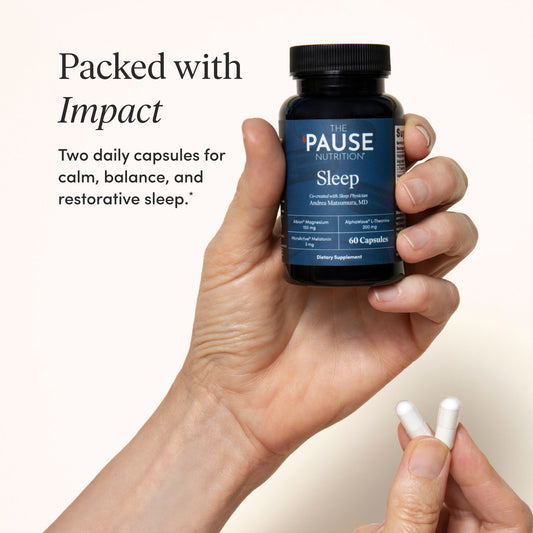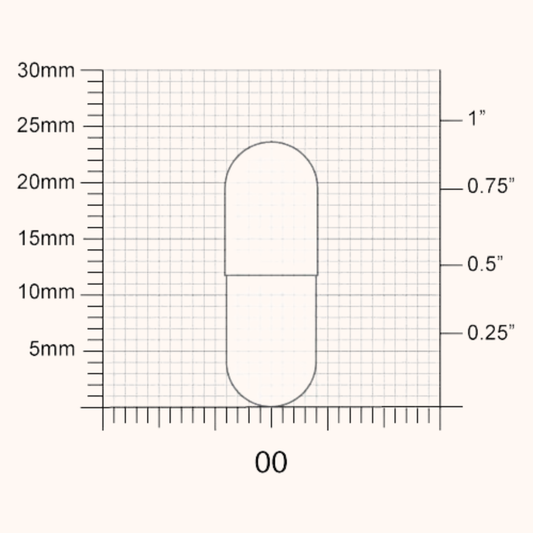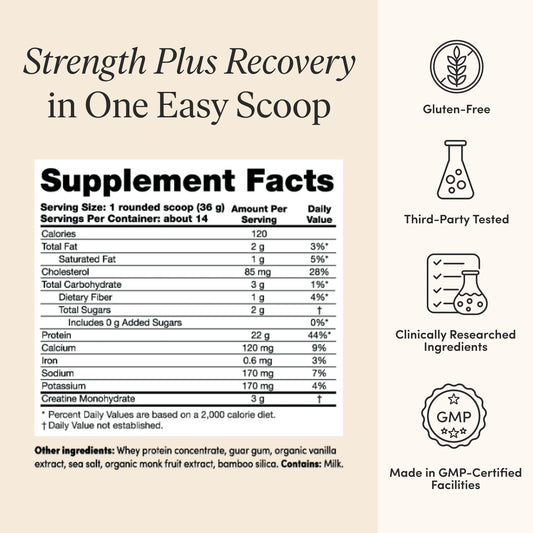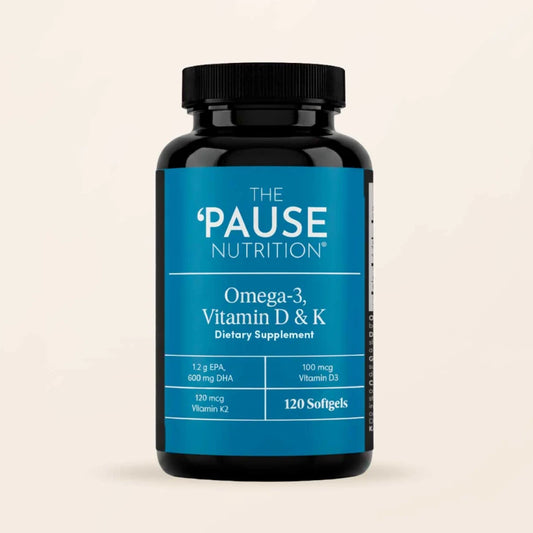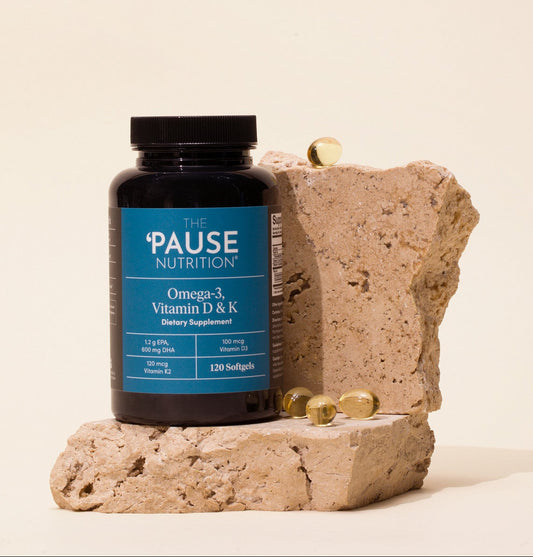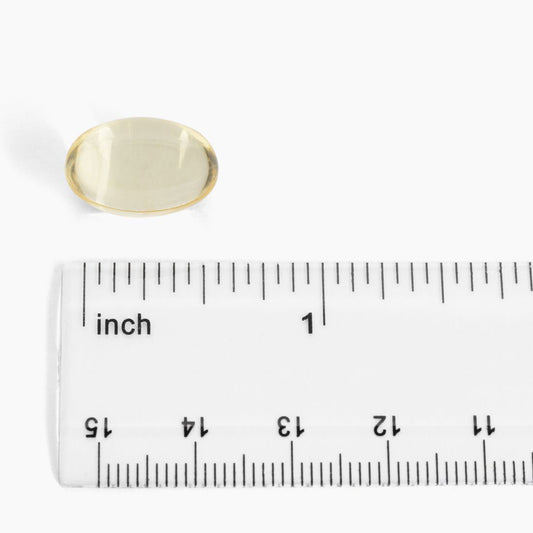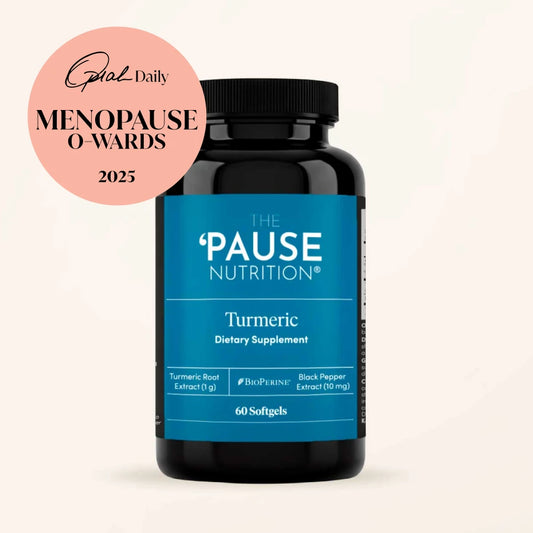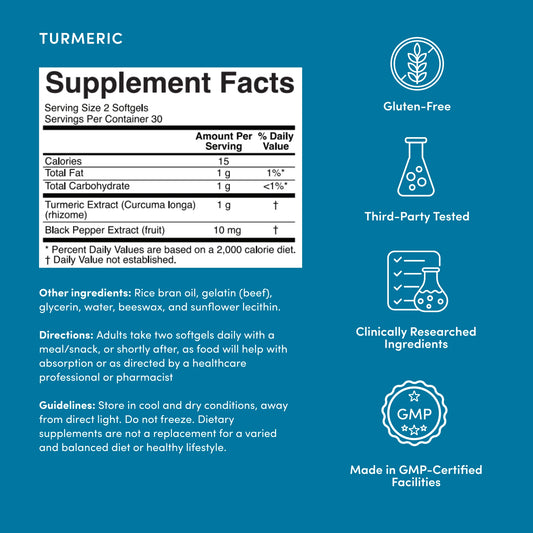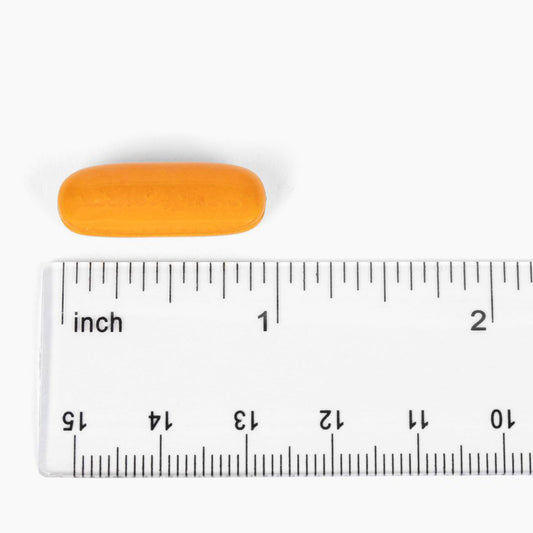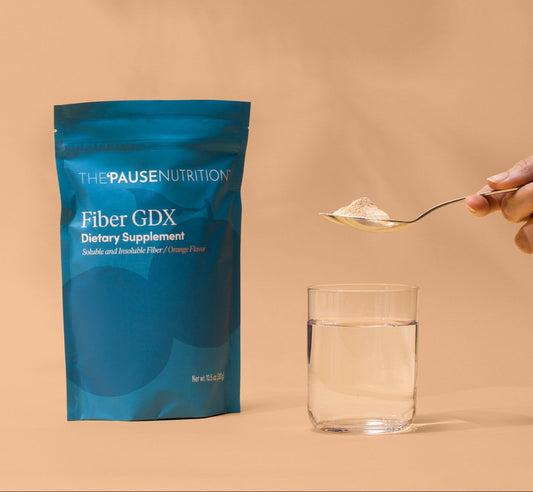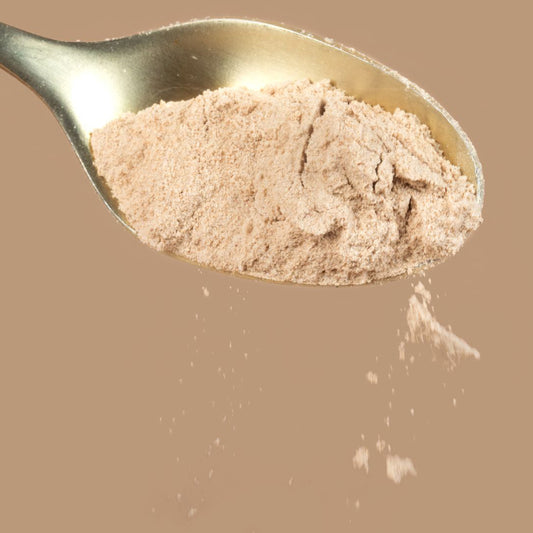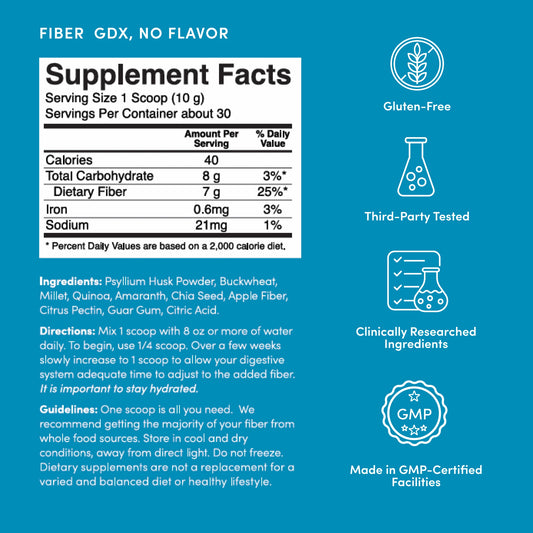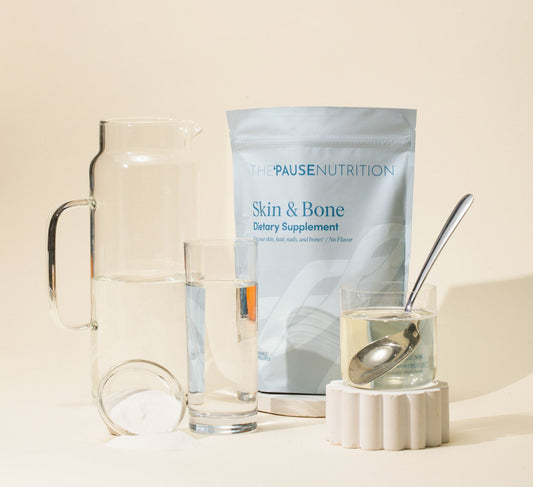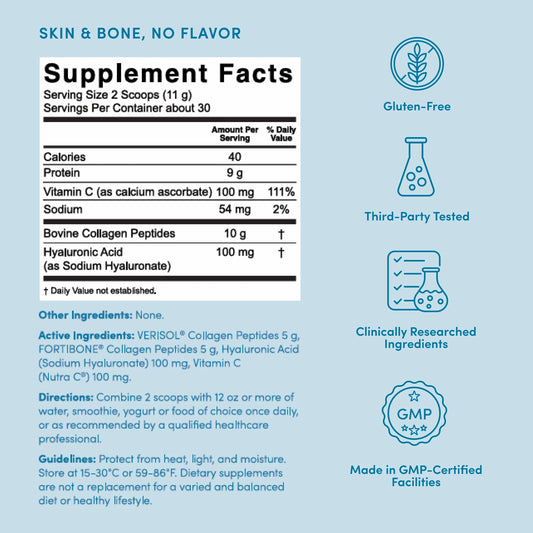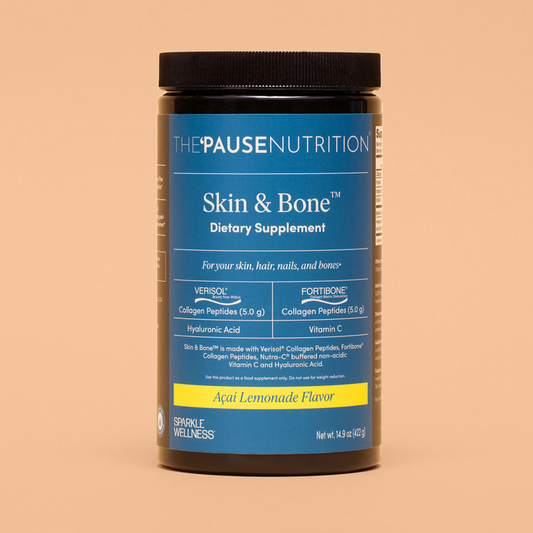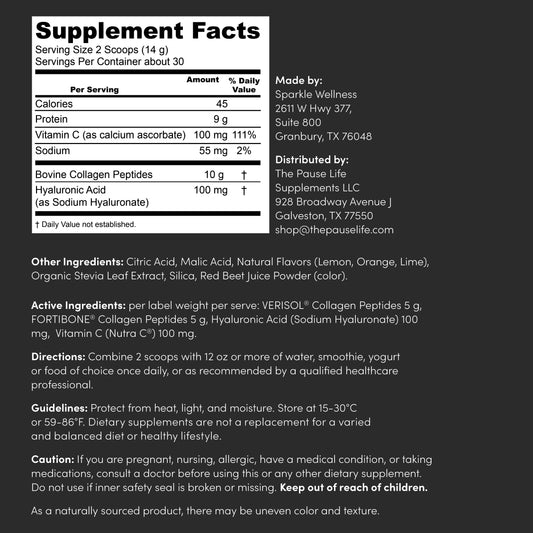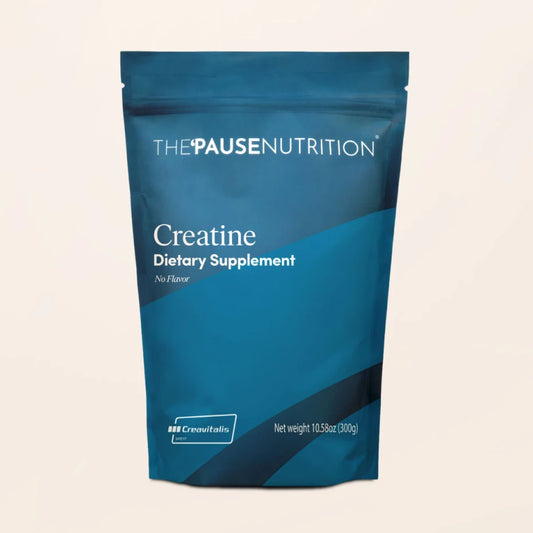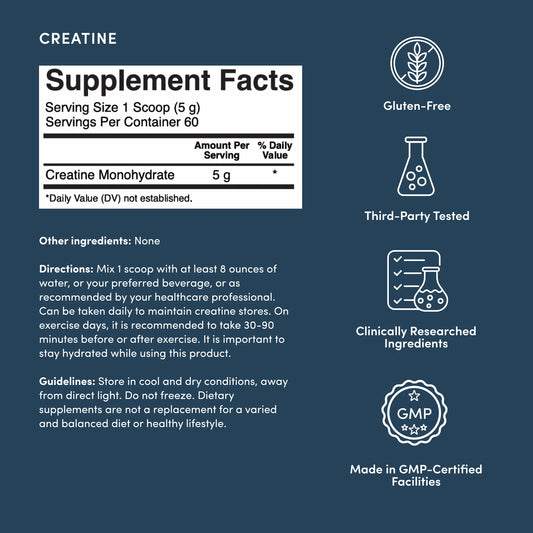The American Urological Association Updates GSM Treatment Guidelines

Share
The American Urological Association Updates Genitourinary Syndrome of Menopause (GSM) Treatment Guidelines
As we get into our 40s and 50s, it seems like all women experience changes “down there”. When you’re coping with vaginal irritation, painful sex or feeling like you have to urinate all the time, it can be difficult to know if it’s part of getting older, if there’s something going on with your pelvic floor or if it’s due to declining estrogen during perimenopause or menopause.
When these symptoms happen during the menopausal transition, they’re called the genitourinary syndrome of menopause or GSM for short. There's no agreement on all the symptoms that are part of GSM, but research shows it affects 13 to 87 percent of menopausal women.(1) It often doesn’t get treated because it’s considered part of normal aging or women are embarrassed to bring it up. And sometimes, even clinicians aren’t sure what the underlying causes may be, or the best course of treatment.
Fortunately, earlier this year, the American Urological Association, the leading industry group for research and treatment standards for urologists since 1902, performed a review of all the best available research. These experts, which included my friend and colleague,Dr. Rachel Rubin, packaged them in this 2025 care guide for clinicians, which have also been endorsed by The Menopause Society and the International Society for the Study of Women’s Health.(2)
Even though most of you aren’t clinicians, I wanted to share it with you because informed patients tend to get better care and have the best outcomes.(3) This summary shares the latest treatment guidelines, clinical principles and expert opinions. Like all other health care treatment decisions, choosing what to do about any genitourinary problems you’re having should be a shared decision between the patient and her clinician. And, I hope you won’t hesitate to share these guidelines with your doctor.
What is the Genitourinary Syndrome of Menopause?
It’s a range of symptoms that involve the vulva, vagina, bladder, bowels and urethra. These are some of the symptoms or complaints that can be involved:
- Vaginal dryness, burning, irritation
- Painful sex
- Needing to urinate frequently
- Recurrent urinary tract infections
- Low libido
- Clitoral atrophy
- Vaginal prolapse
Screening and Diagnosis Guidelines
- Clinicians should gather a detailed medical, sexual and psychosocial history on patients who have a risk or actual GSM symptoms. Patients with symptoms should also be evaluated with a genitourinary exam.
- Clinicians should tell patients about the GSM symptoms that can occur as levels of estrogen, testosterone and progesterone decline during perimenopause and menopause.
- Clinicians should be vigilant for cases where women have more than one GSM issue, for example vaginal irritation combined with low pelvic floor tone. In the case of a pelvic floor issue, clinicians should refer patients to a pelvic floor health specialist.
- If patients have psychosocial concerns along with GSM, clinicians can refer women to a mental health professional for additional support.
Hormonal Treatment Guidelines
- The strongest recommendation was that clinicians should offer “low-dose vaginal estrogen to women experiencing vaginal irritation/discomfort, dryness or painful sex.”
- Women who are already on systemic estrogen should also be offered low dose vaginal topical estrogen or vaginal DHEA (dehydroepiandrosterone) suppositories.
- Patients with GSM and recurrent urinary tract infections (UTIs) should be offered low dose vaginal estrogen to reduce the risk of more UTIs.
- Clinicians should offer vaginal DHEA or ospemifene (taken orally) for relief from vulvovaginal dryness and painful sex.
- If women have GSM and a related genitourinary urinary issue like overactive bladder, clinicians should offer low dose vaginal estrogen to improve the genitourinary symptoms.
Non-Hormonal Treatment Guidelines
- Clinicians should recommend vaginal moisturizers and lubricants for women who have dryness, irritation or painful sex.
- Clinicians should let patients know that there’s no scientific evidence that supplements can address GSM.
- Clinicians should advise women to avoid vaginal washes, deodorants and cleansing products that may irritate and dry out the vulvovaginal tissue.
Energy-Based Treatments
- Currently, there’s no science-based evidence that lasers (including CO2(4) and YAG(5)) or radio frequency are effective for treating any of the genitourinary symptoms of menopause. This includes quality of life, dryness, irritation, painful urination, painful sex,
- However, for patients who aren’t candidates for any forms of hormone therapy, or who prefer not to use FDA-approved treatments clinicians can let them know that CO2 lasers are considered experimental outside of clinical trials. If the patient consents, CO2 lasers can be used to treat vaginal dryness, discomfort and irritation, painful sex, painful urination.
- Studies show that red light therapy, or photobiomodulation, delivered with a pelvic light therapy wand, may offer benefits in vaginal rejuvenation, though more studies are needed to determine how long the effects last.(6)
Breast and Endometrial Cancer Risk
- Clinicians should reassure patients that there is no scientific evidence that low-dose vaginal estrogen raises the risk of breast cancer, endometrial cancer or hyperplasia, which are abnormal vaginal cells.
- Neither DHEA nor ospemifene raise risk for any cancers or abnormal cells.
- For women who are breast cancer survivors, the clinician and patient can assess the risks and benefits of using low-dose vaginal estrogen for GSM.
- Endometrial biopsies should not be done just to check on the effects of taking low-dose vaginal estrogen, DHEA or ospemifene.
Follow up Care
Clinicians should follow up with patients being treated for GSM and let them know that they will need long term follow ups to monitor for changes
Dr. Haver’s Recommendations
Low dose vaginal estrogen can be a life-changing treatment for menopausal women with most of the symptoms of GSM. I use it myself, and I usually prescribe it along with systemic forms of estrogen like patches because most of my patients need a topical formulation to further address the changes to the vulvar and vaginal tissue.
Vaginal moisturizers paired with vaginal lubricants can be a very effective way to help relieve dryness and make sex comfortable and enjoyable again.
Vaginal DHEA can be a good option for women being treated for active breast cancer, or for those who don’t wish to use vaginal estrogen.
The more you know, the better you can advocate for yourself and the care you deserve.
Once women address the myriad symptoms of GSM, many can find that their overall quality of life, outlook - even libido - improve. If you’ve been tolerating feeling less than optimal, now that you’re equipped with this information, I hope you’ll work with your clinician to find the best solutions for you.
This article contains affiliate links.
















